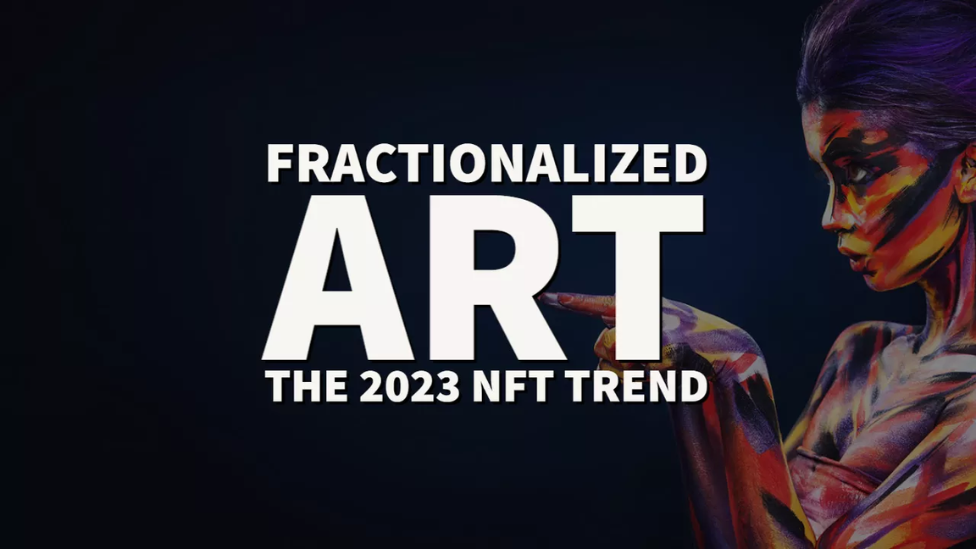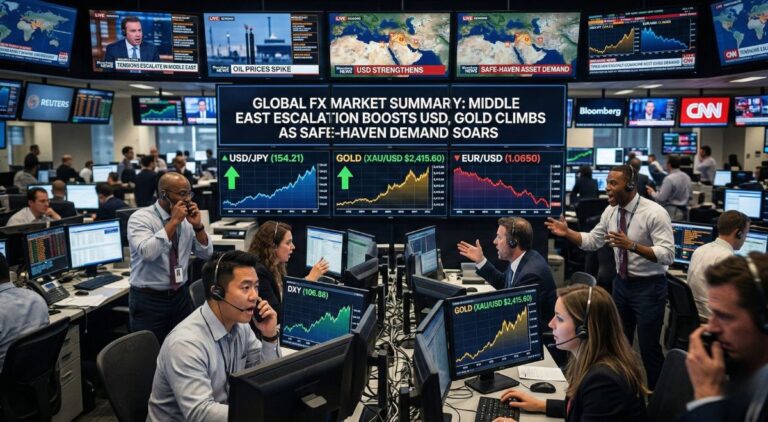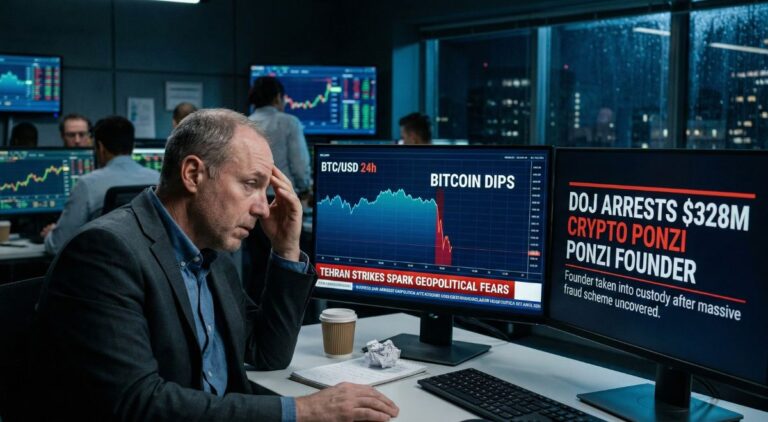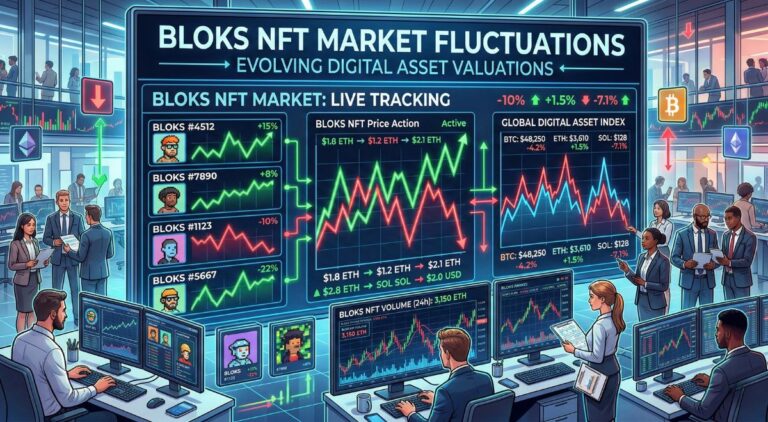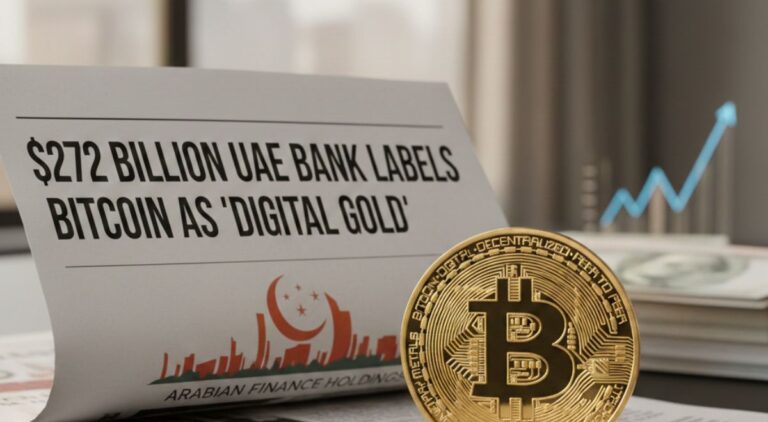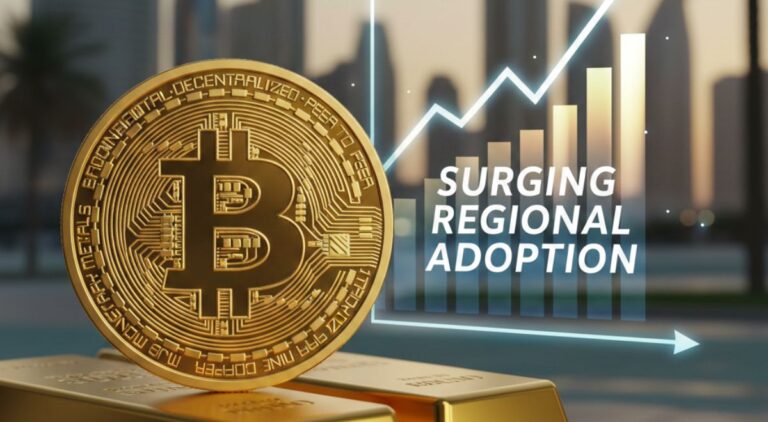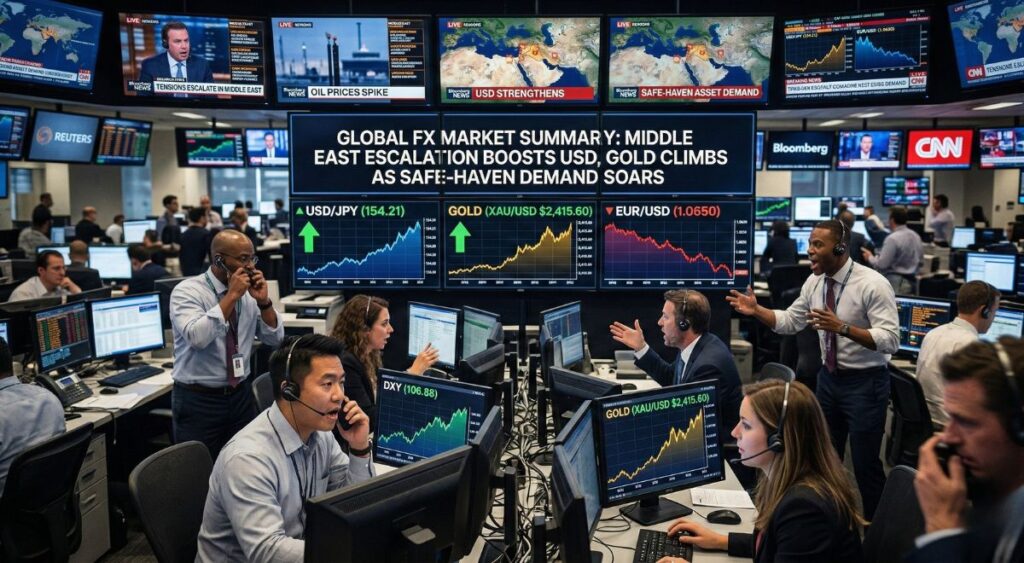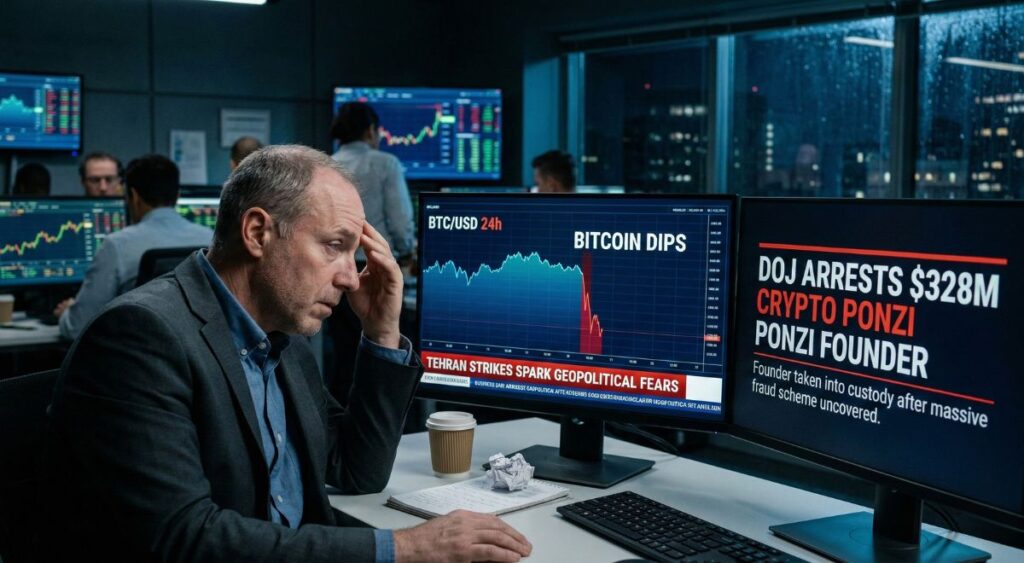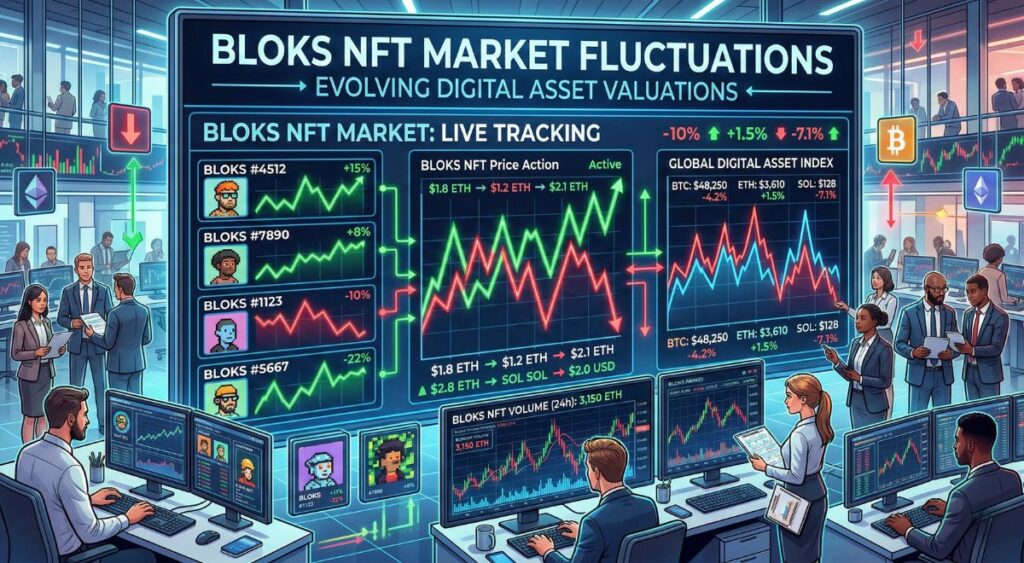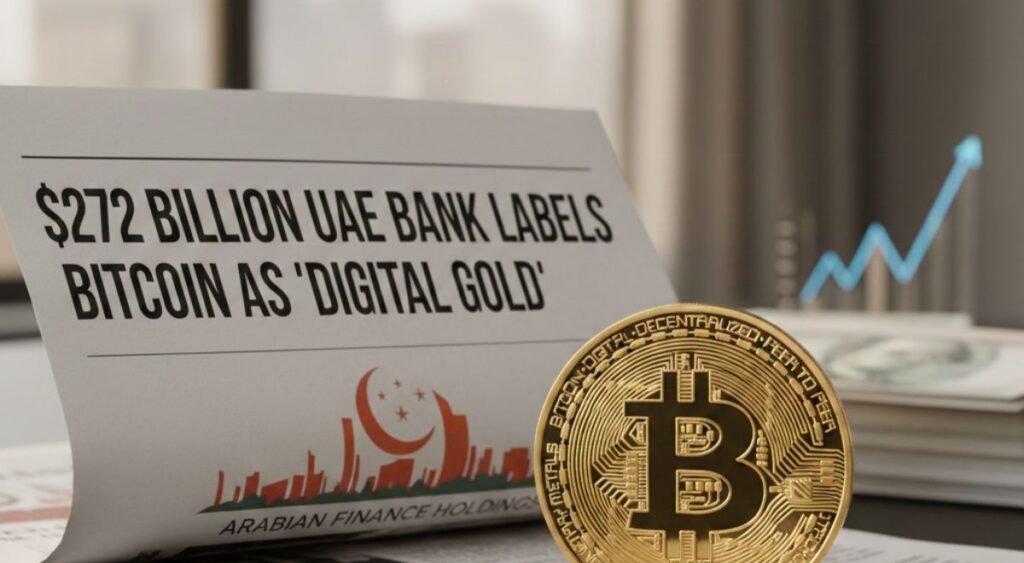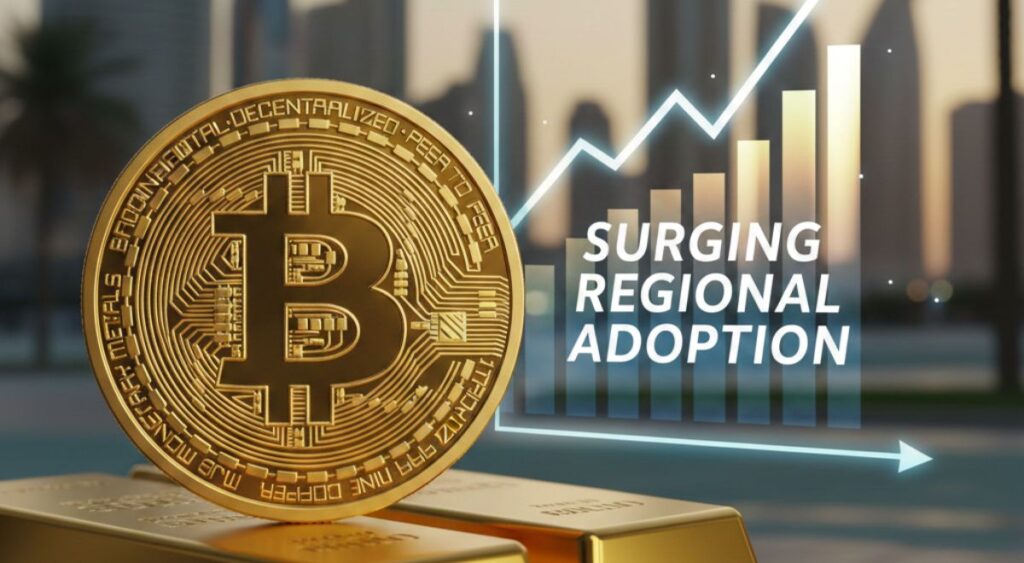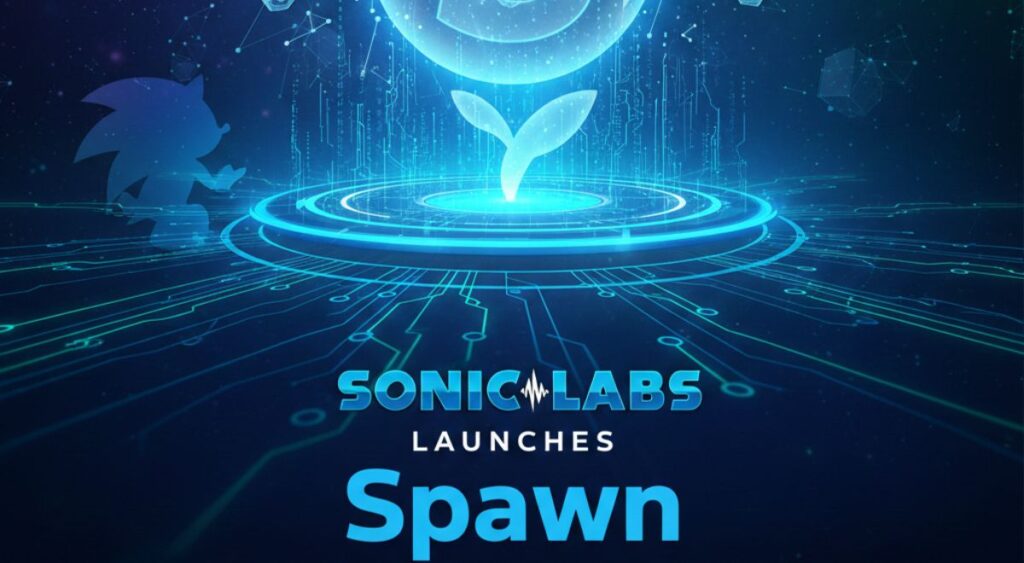Digital assets that allow ownership of a portion of a larger NFT are known as fractional non-fungible tokens. For instance, an artist might create and then divide a digital artwork into 1,000 separate “shares.” Once this occurs, various investors can then own a piece of the artwork, and shares of the NFT can be traded online.
According to reports from CryptoSlam, notable NFTs from collections like Bored Ape Yacht Club and CryptoPunks are still being sold for over $90,000 or more. This means that the typical investor is less likely to be able to afford these pricey NFTs. NFT Fractionalization, however, can eliminate the price barriers that restrict demand for some tokens. Below, we explore NFT fractionalization, what they do, and their benefits.
A Closer Look At Fractionalized Non-Fungible Tokens
An NFT broken into several pieces to enable fractional ownership of the original token is known as NFT fractionalization (F-NFT). This method lowers the entry barrier since the NFT fractions are less expensive than the whole token.
How Does F-NFT Work?
Before being fractionalized, NFTs are locked in a smart contract using Ethereum’s ERC-721 token standard. This smart contract then divides the ERC-721 NFT into smaller fractions represented by ERC-20 tokens. The original NFT owner has the right to select the quantity of ERC-20 tokens created, set their minimum price, and specify other features.
Each ERC-20 token represents a portion of the original NFT. These fractional tokens become available for purchase once they are placed for sale on fractionalization platforms. Notably, the fractionalization process can be reversed, thereby turning F-NFTs back to conventional NFTs.
Many fractionalization platforms pay “curator fees,” which are a portion of the trading value of the fractions, to the NFT’s owner. The curator can sell every fraction or keep some for themselves. Fractionalized NFTs are thus more similar to a cryptocurrency than an NFT.
What Do F-NFTs Do?
Fractionalized non-fungible tokens (F-NFTs) can represent diverse digital assets, encompassing digital art, collectibles, and virtual real estate.
NFT fractional ownership opens up new opportunities for both artists and collectors.
- It allows artists to profit from their work and expand their audience.
- For collectors, it enables cheaper access to original digital assets such as art.
- New use cases are also made possible by F-NFTs, such as community-based projects or crowdfunding, where a group can jointly own and control a single NFT.
The Benefits Of Fractional9 NFTs
Fractionalization boosts accessibility, liquidity, and exposure while potentially increasing NFT value. Splitting costly NFTs into affordable fractions widens investor participation and market liquidity. In addition, increased exposure through social sharing amplifies interest. Moreover, fractionalization facilitates price discovery, with buyback options contributing to potential NFT value growth.
Takeaways
NFT owners and developers have an appealing opportunity due to NFT fractionalization. The idea could possibly increase interest in tokens that have fallen out of favor and give musicians, artists, and other NFT creators more exposure. Since investors assume less risk when purchasing these assets, fractionalization is especially beneficial during downturns.

